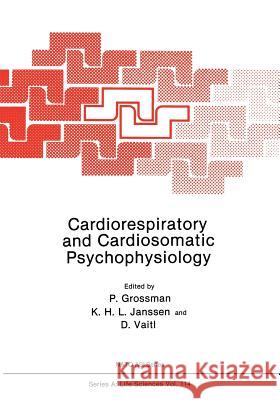Cardiorespiratory and Cardiosomatic Psychophysiology » książka
topmenu
Cardiorespiratory and Cardiosomatic Psychophysiology
ISBN-13: 9781475703627 / Angielski / Miękka / 2013 / 368 str.
Kategorie:
Kategorie BISAC:
Wydawca:
Springer
Seria wydawnicza:
Język:
Angielski
ISBN-13:
9781475703627
Rok wydania:
2013
Wydanie:
Softcover Repri
Numer serii:
000449123
Ilość stron:
368
Waga:
0.65 kg
Wymiary:
25.4 x 17.78 x 1.98
Oprawa:
Miękka
Wolumenów:
01
Dodatkowe informacje:
Wydanie ilustrowane











